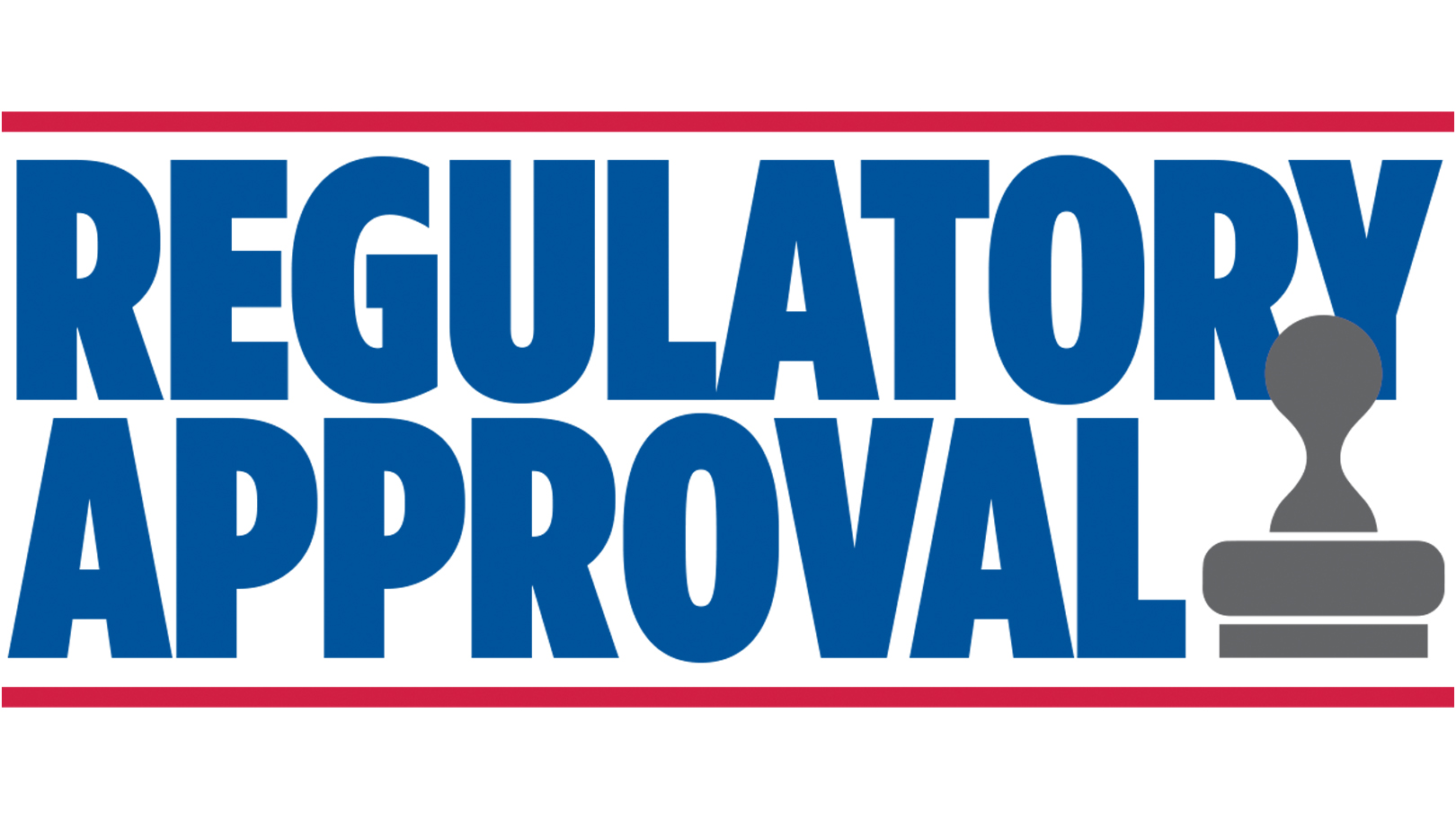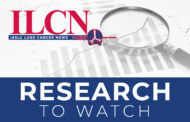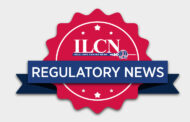On May 28, the US Food and Drug Administration (FDA) granted accelerated approval of sotorasib for patients with KRAS G12C-mutated NSCLC who have received at least one prior line of therapy. Previously considered an “undruggable” target, KRAS G12C is the primary driver of approximately 13% of nonsquamous NSCLC.
Approval was based on the phase II CodeBreak 100 trial, presented this past January at the IASLC World Conference on Lung Cancer, in which sotorasib provided durable clinical benefit with a favorable safety profile in patients with pretreated NSCLC and who harbored KRAS G12C mutations. Of 124 evaluable patients, 46 experienced a confirmed response (three complete responses and 43 partial responses), resulting in an objective response rate of 37.1% (95% Cl: 28.6–46.2). The median time to objective response was 1.4 months, the median duration of response was 10 months (95% CI: 6.9-11.1), and 43% of responders remained on treatment without progression. The disease control rate was 80.6% (95% Cl: 72.6–87.2).
Median progression-free survival was 6.8 months (95% Cl: 5.1–8.2).
Treatment-related adverse events (TRAEs) of any grade occurred in 88 (69.8%) patients and led to discontinuation in nine (7.1%) patients. Grade 3 TRAEs were reported in 25 (19.8%) patients; those that occurred most commonly were alanine aminotransferase increase (8/126, 6.3%), aspartate aminotransferase increase (7/126, 5.6%), and diarrhea (5/126, 4.0%). There were no treatment-related deaths.
“This is a historic milestone in [lung] cancer therapy. After four decades of scientific efforts in targeting KRAS, sotorasib has potential to be the first targeted treatment option for this patient population with a high unmet need,” Dr. Bob Li, who presented the results during the Presidential Symposium, told the IASLC in January.
According to Amgen, the treatment will cost $17,900 per month or $214,800 per year (prior to insurance discounts).




